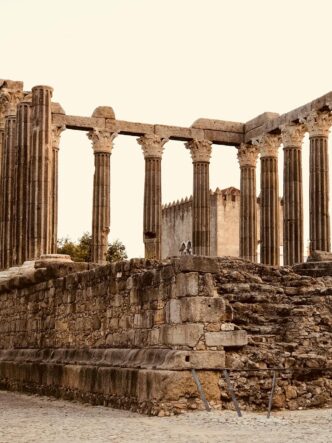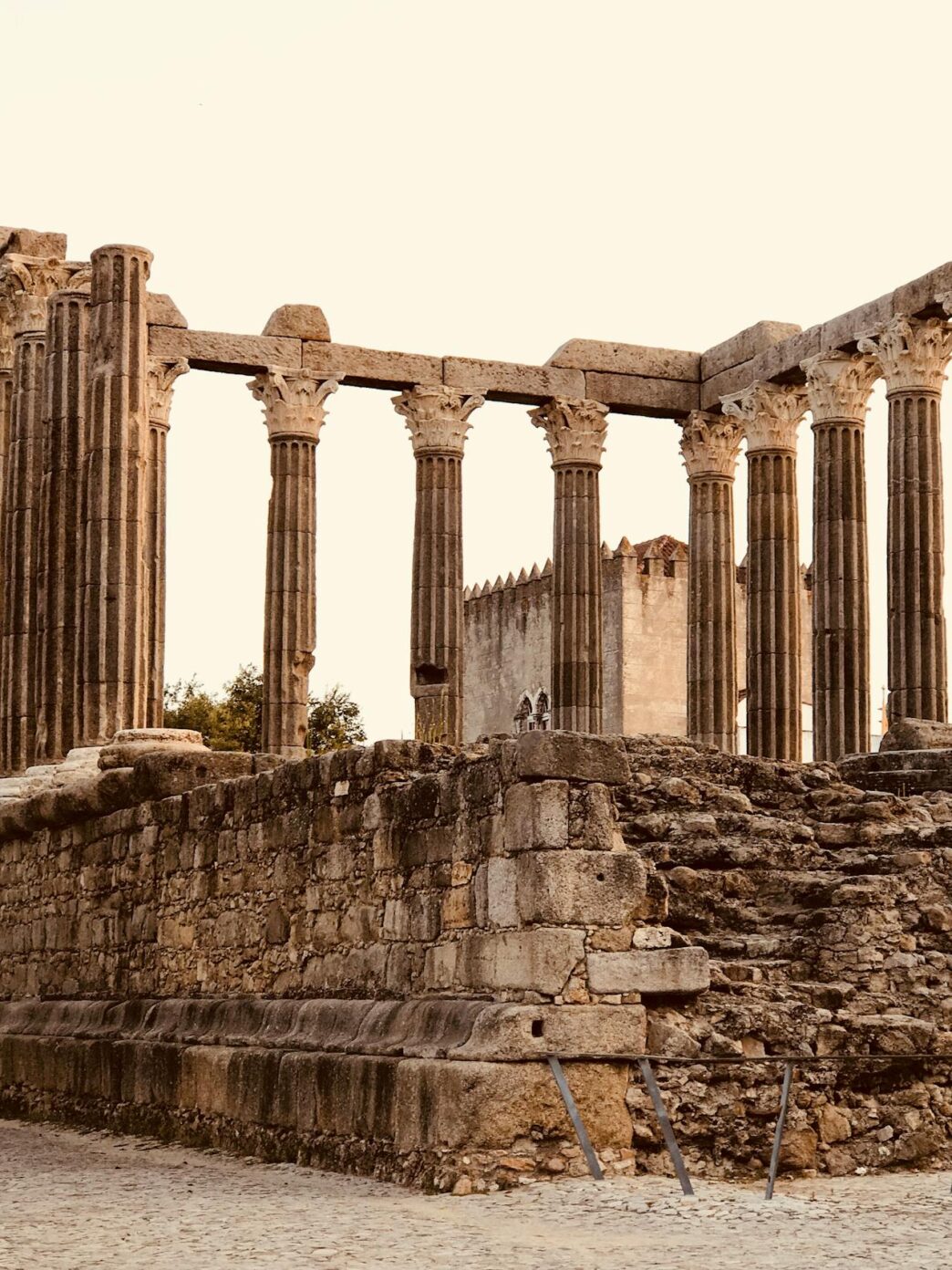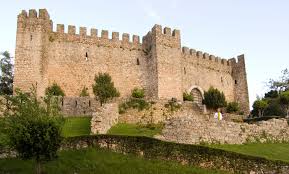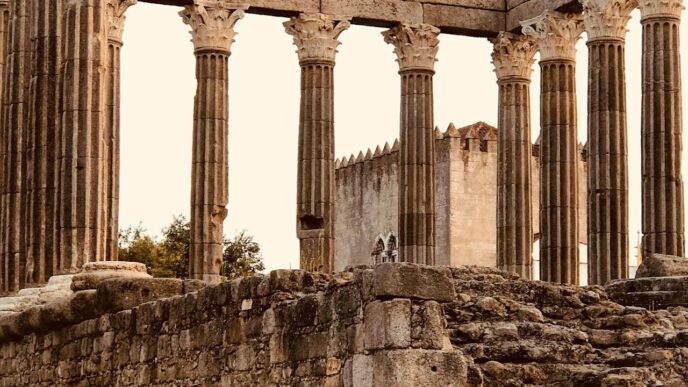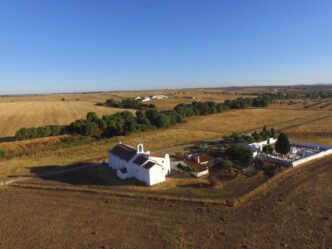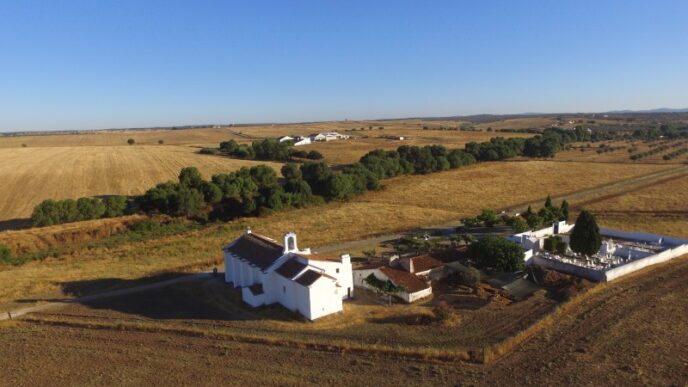Évora, a captivating city in Portugal’s Alentejo region, offers a rich tapestry of history and culture. From its Roman ruins to the haunting Chapel of Bones, this UNESCO World Heritage site invites visitors to explore its storied past and vibrant present.
A Glimpse Into History
Nestled in the heart of the Alentejo region, Évora has been shaped by various cultures, including the Celts, Romans, Visigoths, and Moors. Its historical significance is evident in its well-preserved architecture and archaeological sites. The city was a vital Roman settlement known for its wealth in agriculture and trade, particularly during the second century B.C. to the fourth century A.D.
Architectural Marvels
Évora’s compact walled city is a treasure trove of architectural wonders. Key highlights include:
- Roman Temple of Diana: This iconic structure features 14 Corinthian columns and is a testament to the city’s Roman heritage.
- Évora Cathedral: A stunning blend of Romanesque and Gothic styles, this cathedral offers breathtaking views from its rooftop terrace.
- Chapel of Bones: Located within the Church of St. Francis, this chapel is lined with the bones of over 5,000 individuals, serving as a meditation on the transience of life.
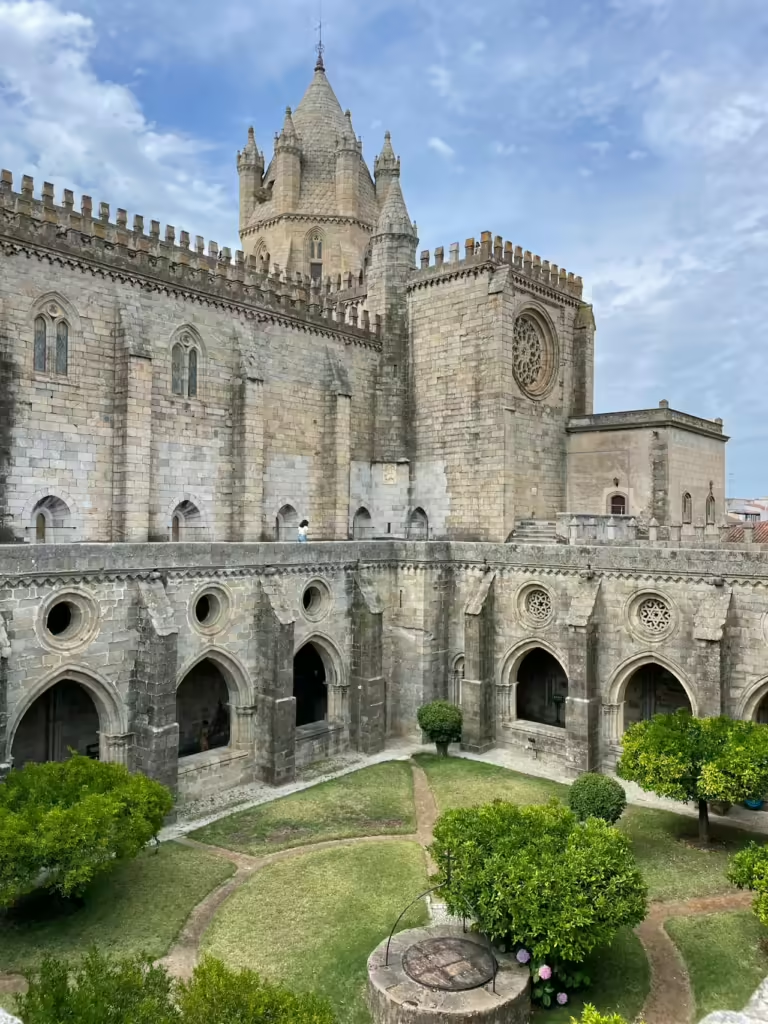
Cultural Experiences
Visitors to Évora can immerse themselves in the local culture through various activities:
- Stroll Through Cobblestone Streets: Wander the narrow, winding streets adorned with traditional yellow buildings and vibrant tiles.
- Visit the University of Évora: Established in 1559, this historic university features beautiful courtyards and classrooms that reflect the city’s academic legacy.
- Explore Local Cuisine: Évora is known for its hearty Alentejan dishes, including black pork and oxtail stew. Don’t miss trying the local pastries, such as the almond-infused pão de rala.
A Living Community
Évora is not just a historical site; it is a vibrant community where locals gather in markets and cafes. The Praça do Giraldo serves as the town’s social hub, where visitors can experience the lively atmosphere and sample local delicacies. The farmers’ market offers fresh produce and traditional foods, providing a taste of daily life in Évora.
Conclusion
Évora stands as a remarkable testament to Portugal’s rich history and cultural heritage. With its blend of ancient ruins, stunning architecture, and vibrant local life, it offers a unique experience for travelers seeking to explore the depths of Portuguese history. Whether you’re wandering through its historic streets or savoring its culinary delights, Évora promises an unforgettable journey through time.

